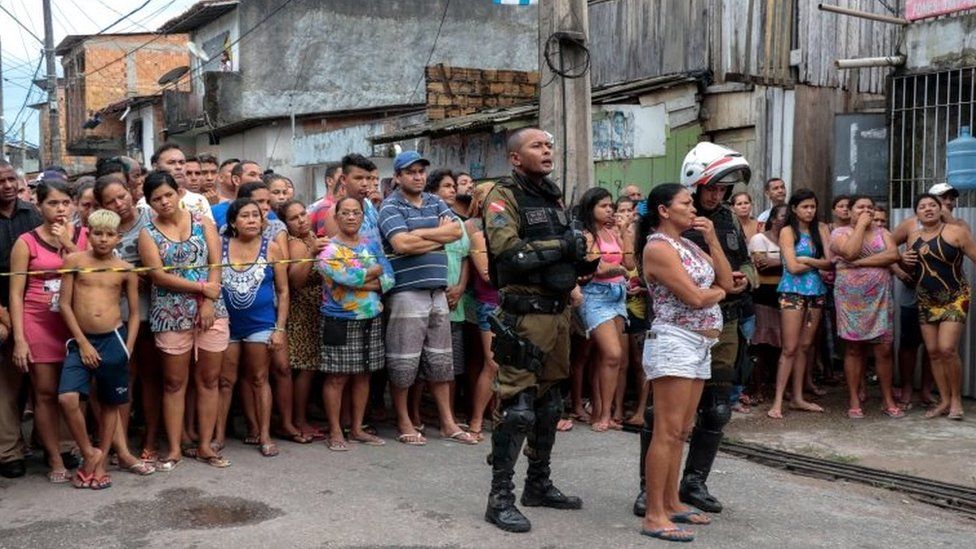Brazilian Politics and Economy: Brazil News

Brazil’s political and economic landscape is in a state of flux, marked by a complex interplay of factors, including the aftermath of the COVID-19 pandemic, global economic uncertainty, and domestic political polarization. This thread will delve into the current state of Brazilian politics, analyze the economic outlook, and examine the country’s social and political landscape.
Political Landscape
The political landscape in Brazil is characterized by a high level of polarization, with the two main political parties, the Workers’ Party (PT) and the Brazilian Democratic Movement (MDB), holding contrasting ideologies. The PT, led by former President Luiz Inácio Lula da Silva, advocates for social welfare programs and a more interventionist economic approach. In contrast, the MDB, currently in power, leans towards a more market-oriented economic policy. Recent elections have witnessed a surge in support for far-right political parties, with Jair Bolsonaro, a former military officer, emerging as a prominent figure.
Economic Outlook
Brazil’s economic outlook is facing significant challenges, including high inflation, rising interest rates, and a volatile currency. The COVID-19 pandemic dealt a severe blow to the economy, leading to a sharp decline in economic activity and a surge in unemployment. The country’s economic recovery has been slow and uneven, with some sectors, such as agriculture and services, performing better than others. The government’s economic policies, aimed at controlling inflation and promoting economic growth, have been met with mixed reactions, with some arguing that they are too austere and others that they are necessary to stabilize the economy.
Social and Political Landscape
Brazil’s social and political landscape is marked by significant disparities in income, education, and access to healthcare. The country faces challenges related to poverty, inequality, and crime. The recent political polarization has further exacerbated social divisions, with tensions running high between supporters of different political ideologies.
Government Policies
The current government’s policies are characterized by a focus on fiscal austerity, privatization, and deregulation. These policies aim to reduce the government’s role in the economy and promote private sector investment. The government has also implemented measures to control inflation, including raising interest rates and reducing government spending. These policies have been met with criticism from some who argue that they are too austere and will hinder economic growth.
Impact of Global Events, Brazil news
Global events, such as the war in Ukraine and the COVID-19 pandemic, have had a significant impact on Brazil’s economy and political stability. The war in Ukraine has led to a surge in commodity prices, particularly for oil and wheat, which has increased inflation in Brazil. The pandemic has also had a significant impact on the economy, leading to a decline in tourism, manufacturing, and other sectors. These global events have highlighted the interconnectedness of the global economy and the challenges facing emerging economies like Brazil.
Social and Cultural Trends in Brazil

Brazil is a vibrant and diverse nation, constantly evolving and showcasing its unique blend of traditions and modern influences. From the pulsating rhythm of its music to the bold strokes of its art, Brazilian culture is a dynamic tapestry woven with threads of history, innovation, and global connections.
The Role of Social Media and Technology
Social media and technology have played a pivotal role in shaping Brazilian society, acting as catalysts for cultural exchange, social movements, and economic opportunities.
- Social Movements and Activism: Platforms like Twitter and Facebook have empowered Brazilians to organize protests and advocate for social change. The #BlackLivesMatter movement gained significant traction in Brazil, raising awareness about racial inequality and prompting calls for justice.
- Cultural Expression and Dissemination: Social media has provided a platform for Brazilian artists, musicians, and creators to showcase their work to a global audience. Instagram and YouTube have become hubs for emerging talent, fostering a sense of community and shared cultural experiences.
- E-commerce and Entrepreneurship: The rise of e-commerce has created new avenues for businesses and entrepreneurs in Brazil. Platforms like Mercado Livre and Shopee have facilitated online transactions, empowering individuals to establish their own ventures and contribute to the economy.
Brazil news – Recent news from Brazil highlights the country’s economic challenges, with inflation remaining a key concern. These domestic issues are likely to be overshadowed by the upcoming abc presidential debate , which will focus on national policy and international relations. The outcome of the debate could have a significant impact on Brazil’s future economic trajectory, particularly regarding its trade relations with the United States.
Recent news from Brazil highlights the country’s diverse political landscape, with various leaders navigating complex challenges. In the United States, Mayor Tiffany Henyard, mayor tiffany henyard , is also making headlines for her innovative approaches to urban development, providing an international perspective on leadership and civic engagement.
These stories serve as reminders that global news often intersects, showcasing diverse perspectives on governance and societal progress.
